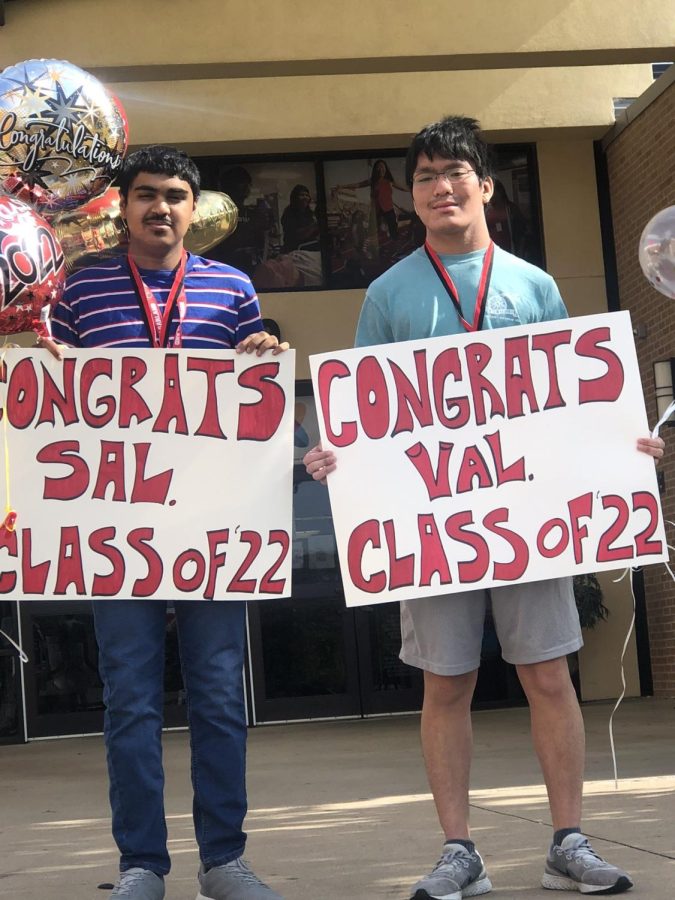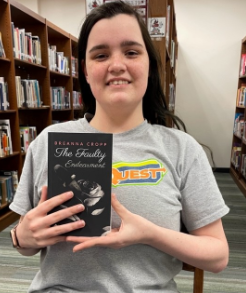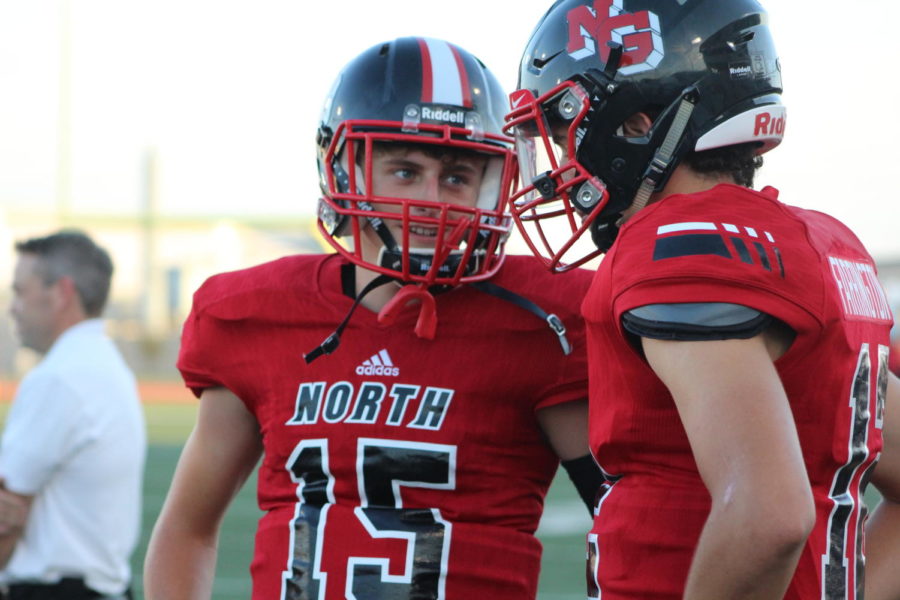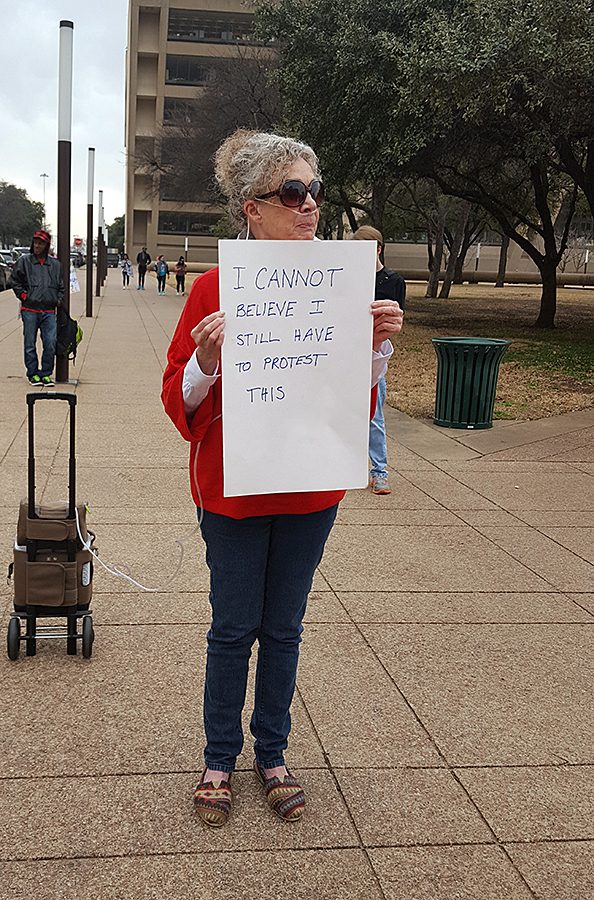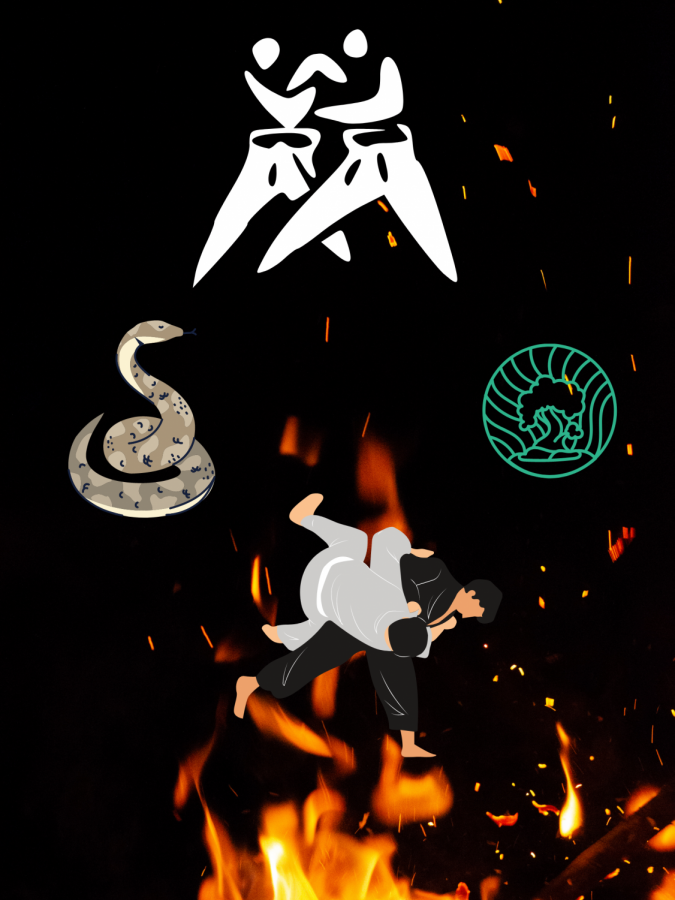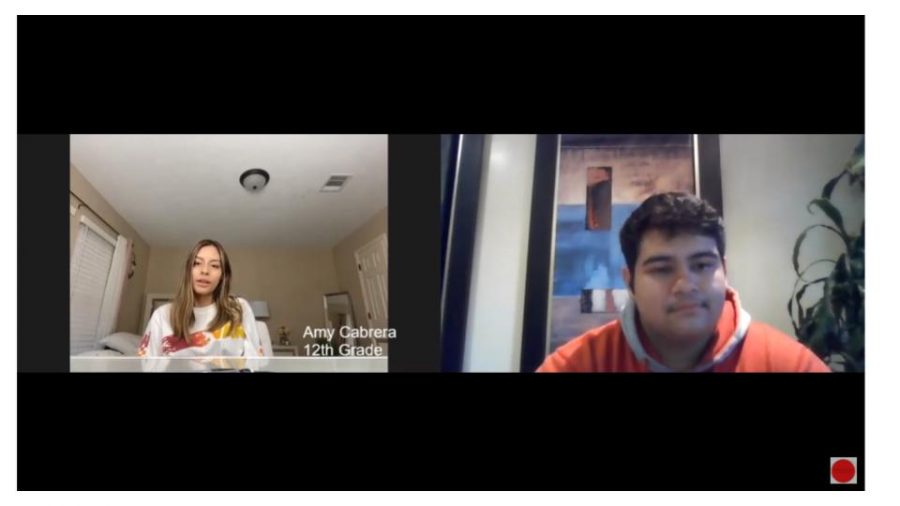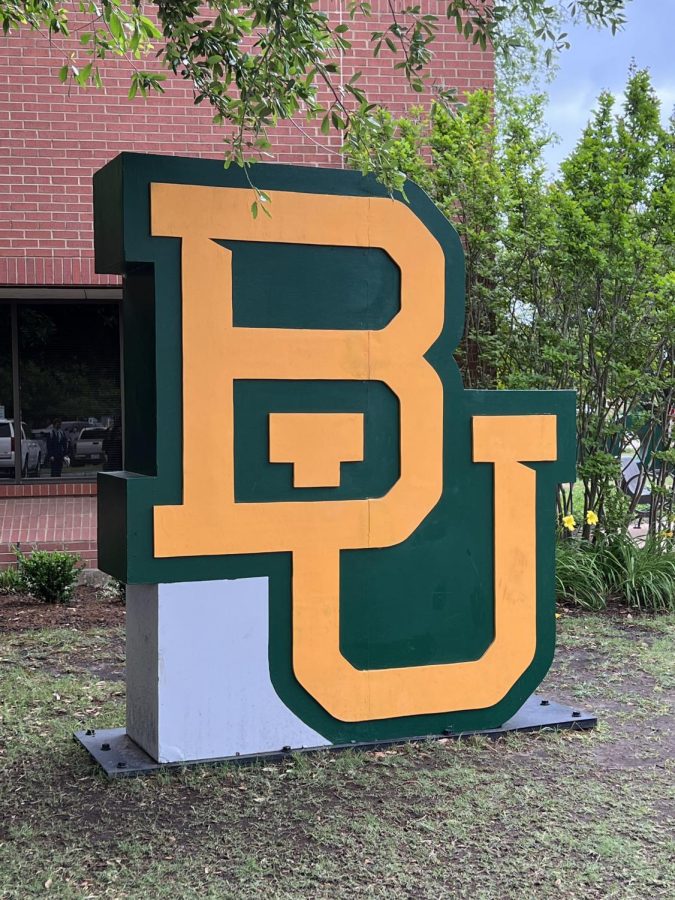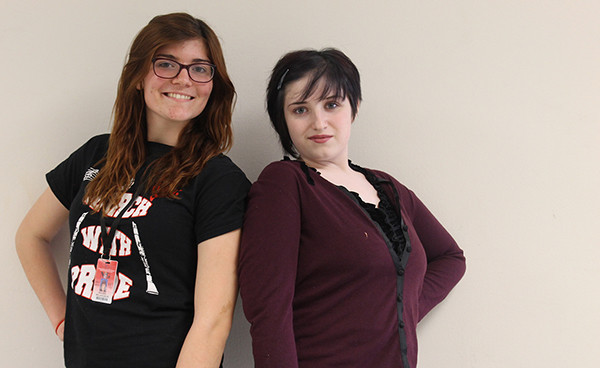As the group of students dressed in black scrubs meandered through halls, they listened intently to the guide. At the end of the group, two girls shake their heads in disbelief as they discussed what they had just heard. Juniors Hayley Winkle and Rachel McLaughlin knew they had to do something.
In October, a group of clinical rotation students visited Terrell State Hospital, a hospital that provides services for people with mental illnesses that live in the Dallas area. While there, Winkle and McLaughlin learned that the hospital was in great need of items – especially clothing for its patients.
“I really did feel bad for the patients there, but more so the workers at Terrell state hospital,” McLaughlin said. “They cared about their jobs and patients so much, it was really kind of sad and heartbreaking to see how upset they were because they didn’t have enough clothes and shoes and items they needed.”
In addition to clothes, the institution needed toiletries, shoes and underwear. Since the institution does not normally accept donations, Winkle had to ask permission through the system that manages Terrell State Hospital. After presenting the idea, HOSA also made this their annual service project.
“They have a lower rate of men’s clothing coming in, because women are more likely get rid of their clothing for some reason, which you would think would be the opposite,” Winkle said. “A lot of those clothes were my clothes. Stuff I hadn’t worn in a year or two I’d put it in [the bags]. I ended up with three bags of [clothes].”
Winkle believes that mental illness comes with a social stigma attached to it. However, she believes that it is just as big of an illness as any other one because she knows many people who suffer from a mental illness. Winkle felt compelled to help the patients and staff at Terrell State Hospital because she suffers from chronic anxiety, a mental illness that affects millions of Americans.
“If you tell somebody that you take medication because you have some sort of problem, you are automatically looked at different, and it’s sad because anyone of us could end up in an institution at some point in their lives,” Winkle said.
Although they were discouraged at the amount of attention it received, they still managed to collect 40 boxes and bags of clothes.
“Only a couple of people showed up for it,” Winkle said. “I’m not saying it’s a complete failure. We did get quite a bit.”
The duo will continue to collect items for the institution and plans to encourage others to help their cause once they are no longer able to help.
“The people in there are people that are just like you that went through something terrible or had something going on with themselves,” Winkle said. “And they need help just as much as any other person.”

